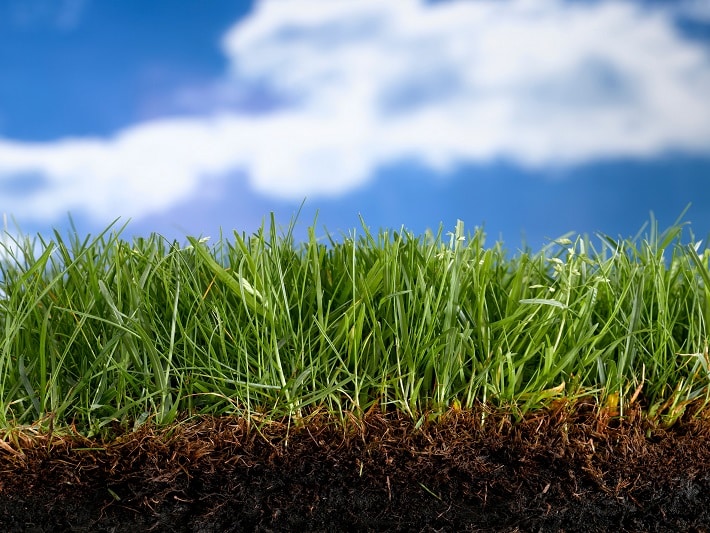How to Avoid the Common Pitfalls of Using Improper Soil Treatment Solutions
Achieving the right soil composition is paramount for successful plant cultivation. However, mishandling soil treatments can lead to dire consequences such as crop failure, soil degradation, and the proliferation of pests and diseases. To avoid these pitfalls, it’s essential to follow basic guidelines and choose the correct soil treatments.

Comprehend soil composition and characteristics
The journey to effective soil treatment begins with a deep understanding of soil composition and its inherent properties. Key factors include air content, water retention, mineral content, organic matter, pH levels, soil type and drainage. Soil testing kits can assist in assessing properties like pH (acidity/alkalinity), mineral content and nutrient levels. This data provides valuable insights for determining the appropriate soil treatment.
Select the right treatment solutions
When seeking soil treatment solutions, it is crucial to align them with the specific needs of both the soil and the plants you are cultivating. Fertilizers, for instance, must be applied diligently following the instructions on the packaging. This approach prevents over-fertilization, which can harm both the soil and the plants it supports.
Regularly monitor soil conditions
Maintaining a watchful eye on soil conditions is vital. Applying too much or too little fertilizer can adversely affect plant health and soil ecology. By consistently monitoring soil composition and properties, you can make timely adjustments to your soil treatment regimen.
Opt for natural and organic soil treatments with https://www.revive.com/ whenever possible. These alternatives are typically gentler on the environment, promoting sustainability in your gardening practices.
The post How to Avoid the Common Pitfalls of Using Improper Soil Treatment Solutions appeared first on Revive Lawn Care Products.
from Revive Lawn Care Products https://www.revive.com/blog/liquid-aeration/how-to-avoid-the-common-pitfalls-of-using-improper-soil-treatment-solutions.html
Comments
Post a Comment